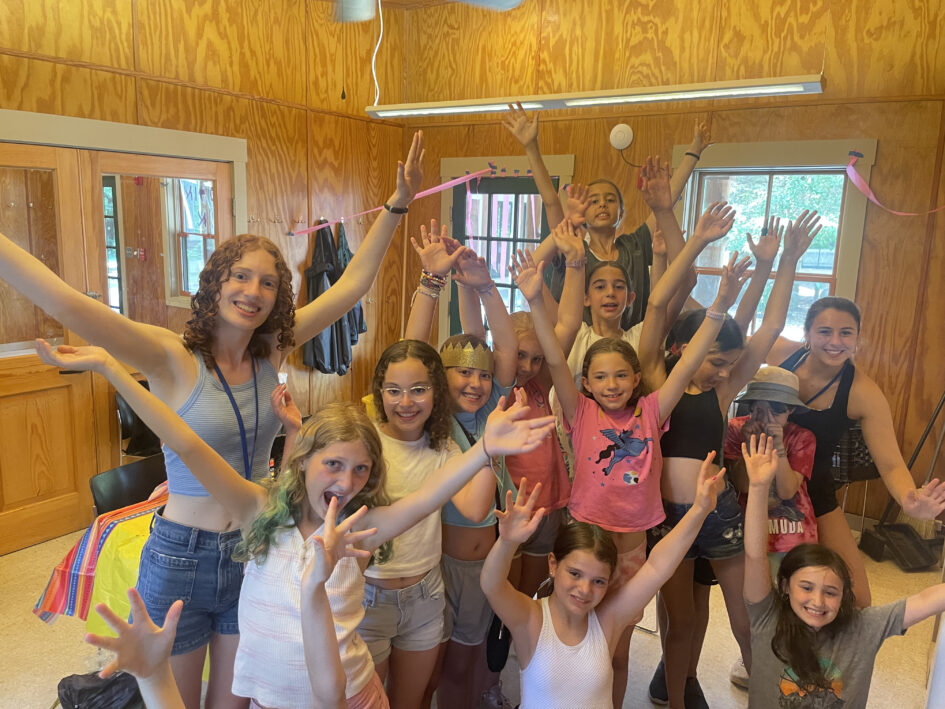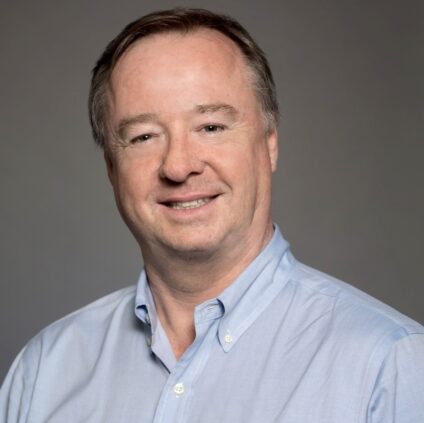A visit to Camp Ramah New England, an overnight Jewish camp for youth, located in Palmer, MA by Michael Phelan, ESC Consulting Fellow

70 years in the making, still evolving and thriving.
Last week, I had the pleasure of visiting one of the oldest Jewish youth overnight summer camps in the U.S. As you enter and drive around Camp Ramah, you first notice the overall scale of it. It surrounds a beautiful lake, the facilities include a modern welcome center, camper bunks, state-of-the-art dining center, drama & music production stage, a synagogue, and tons of fun activities for kids (swimming, boating, tennis, hockey, gardening, cooking, farming, animals, soccer, rope climbing, basketball, arts & crafts and much more).
cooking, farming, animals, soccer, rope climbing, basketball, arts & crafts and much more).
As you look closer, you see the depth of the Jewish religious experience being offered. Camp Ramah follows the principles of Conservative Judaism. However, the camp welcomes kids from other movements and kids whose families are not affiliated with synagogues. Around the camp you see kids praying in groups and singing Hebrew songs. They do so willingly and with a joy of participation that I had never experienced. I wondered if my religion and spirituality would be stronger today if I had grown up with such a camp experience. The older kids often lead such services, many returning as camp counselors. The younger campers participate in services at whatever level they can. Many of them are building their Hebrew vocabulary but may be able to read only a few Hebrew words; they are provided with a prayer book, designed for younger campers, that provides transliteration of the Hebrew and translations of the Hebrew.
Despite the media coverage about kids being easily distracted, I noticed the campers engaging, paying keen attention to counselors, and listening intently to instructors. Certainly, one contributing factor is that no technology is allowed onsite for campers (no cell phones, no internet, no TV, no gaming consoles). Surprisingly, kids accept this and adjust quickly.
Across the camp you see kids interacting and engaging with each other. It is common to see kids holding hands or putting their arms around a friend while walking through camp. Campers were making friends everywhere. I saw kids chatting excitedly about their next activity of the day; others were speculating about the dinner menu that evening. One kid went in search of the chef to ask when his favorite salmon would be served; it turns out that Wednesday would be the night. Other kids found time to chill and read a book. Some kids took advantage of special soundproof booths to speak with their therapists from home. One kid even reprimanded another kid for calling campers names; I heard him say, “that is no way to talk to another camper!” While the camper he spoke to was initially taken aback, he may have learned a lesson in how to talk to other campers.
Camp counselors make the programs fun, engaging and a seamless part of each camper’s daily plan. Most kids go to camp for several years. It becomes a core part of their growing up experience. I saw one polished counselor lead a prayer service. The older members of the staff were proud to see her evolving from a young boisterous camper into a mature staff member.
There is a quiet hour after lunch where kids relax, read or chill, without formal or structured programs.
Breakfast, lunch, and dinner are amazing to behold. First, the quality of the food and overall dining operation is excellent. There is a great buzz when food is served, kids arrive on time, line up politely and help to clean up afterward. One piece of advice for visitors is to eat fast: the turnover to the second shift is rapid and you may miss your meal. This was never an issue for campers, who have adapted to the quick pace of the dining operation.
It is common after dinner for a rabbi or other song leader to lead a singalong session of Hebrew songs. I was amazed to see the kids join in and sing. Many jumped up and danced with their friends. You can see the close relationship with the counselors, who sing and dance with their kids. Campers are assigned small pods by age group, each with their own counselors. This is all designed to make the experience manageable and intimate, especially for the smaller kids. There was great excitement during dinner when a new Taylor Swift song, which had just been released, was played (a rare departure from the Hebrew-only music played in the dining hall). The blend of new and old was interesting to see; it worked surprisingly well, and kids jumped from singing one to the other seamlessly.
I was impressed by the team running the camp, from the leadership team to the counselors. The staff genuinely enjoy what they do. All staff members live at camp, with many having children who attend the camp. I met board members who were helping with operational coordination or anything else that was required, including delivering shipping boxes.
Staff members greeted and engaged with kids at every opportunity. The effort to take care of the campers – often referred to here as “Camper Care” – is taken very seriously, up and down the organization. When necessary, meetings are paused to engage with campers and answer their questions. During an extremely sweltering day, staff rode around offering icy treats. I had one and it cooled me down while reminding me of pleasant days gone by.
Each week, campers experience a group campfire with s’mores. After a full day of activities and a post-dinner evening activity, the campers tend to sleep well and are ready to take on another full and exciting day at camp.
Camp Ramah also offers day camps in Boston and DC. They are preparing to offer a new camp in 2024 for families with children who are being treated for cancer.